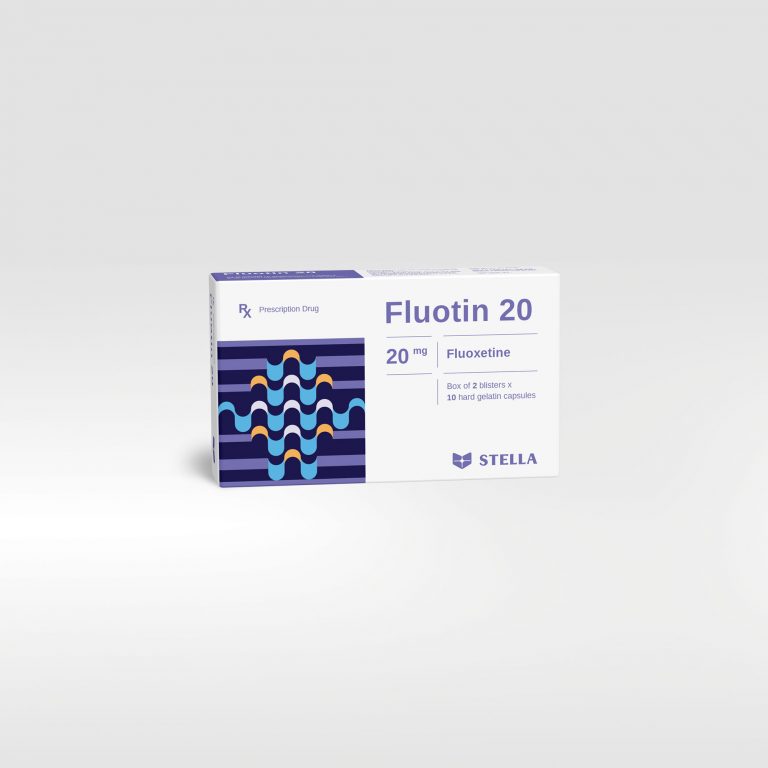Caution should be exercised when use Venlafaxine STELLA 75 mg in:
- Patients with a recent history of myocardial infarction or whose condition might be exacerbated by an increase in heart rate. Due to the risk of dose-related increases in blood pressure, blood pressure measurement should be performed regularly during therapy. Measurement of serum-cholesterol levels should also be considered with long-term treatment.
- Patients with moderate to severe hepatic or renal impairment and dosage adjustment may be necessary.
- Patients with a history of bleeding disorders or of hypomania or mania.
- Patients with raised intraocular pressure or at risk of angle-closure glaucoma should be monitored closely.
- The elderly (risk of dizziness or unsteadiness due to orthostatic hypotension).
- Patients with a history of epilepsy.
Avoid Venlafaxine STELLA 75 mg in those with unstable disease; it should be stopped in any patient developing a seizure or if there is an increase in seizure frequency.
Patients who develop a rash, urticaria, or related allergic reaction with venlafaxine should be advised to contact their doctor.
Symptoms reported on abrupt withdrawal or dose reduction of venlafaxine include fatigue, somnolence, headache, nausea, vomiting, anorexia, palpitations, dizziness, dry mouth, diarrhoea, insomnia, agitation, anxiety, nervousness, confusion, hypomania, paraesthesia, sweating, and vertigo.
Venlafaxine STELLA 75 mg contains lactose and therefore should not take this medicine for patients with rare hereditary problems of galactose intolerance, the total lactase deficiency or glucose galactose malabsorption.
Venlafaxine STELLA 75 mg should be used during pregnancy only if clearly needed. A decision should be made whether to discontinue nursing or to discontinue the drug, taking into account the importance of the drug to the mother.
Venlafaxine STELLA 75 mg may impair performance of skilled tasks and, if affected, patients should not drive or operate machinery.






